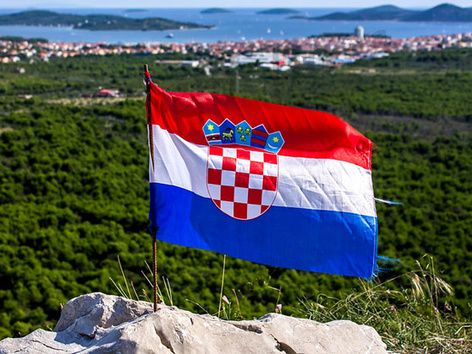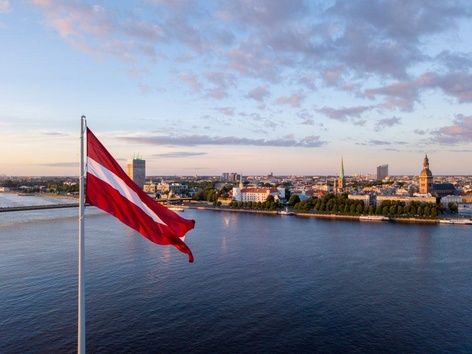Croatia joins the Schengen zone: what will change for the country and tourists?

Euro instead of kuna and new rules for entering Croatia from January 1, 2023
At the meeting on December 8, 2022, the Ministers of Internal Affairs and Justice of the EU member states made a decision regarding the accession of Croatia to the Schengen area. This was announced by the Prime Minister of the country Andrey Plenkovich, later the corresponding decision was published on the official website of the Council of the EU.
What changes await Croatia?
On January 1, 2023, Croatia will become the 27th country of the Schengen area. As of today, border and customs checks will be abolished at the borders between Croatia and other Schengen member states for people crossing the borders by road, rail or water. However, screening of those traveling by plane will cease from March 26, 2023, due to the peculiarities of the work and schedule of the International Air Transport Association (IATA).
Also, from January 1, 2023, Croatia will be able to use the Schengen information system and will be able to issue Schengen visas.
From this moment, the value of the Croatian residence permit also increases, because now its holder will be able to travel throughout the Schengen area.
The representatives of the European Commission noted that Croatia has the necessary infrastructure and means for inspections and will be able to reliably protect the external borders of the Schengen area.
It is worth noting that the Council of the European Union received an official proposal from the European Commission to add Bulgaria and Romania to the Schengen zone. However, no such decision was made regarding these countries, two countries participating in the meeting voted against it.
As a reminder, the Schengen zone is an association of European countries that signed an agreement on a single border in 1985 in the village of Schengen (Luxembourg). That is, the countries of the zone have border control only at the external border - when entering and leaving the zone. No border checks are carried out when traveling between Schengen member states.
Ukrainians will be able to visit Croatia on the basis of a visa-free regime, however, the days spent in the Schengen zone without a visa will be missed. For more details on the features of visa-free entry to the Schengen area, see the link.
Euro instead of kuna
Also, on January 1, 2023, Croatia becomes the 20th member of the Eurozone. The EU's Economic and Financial Affairs Council (Ecofin) adopted on 12 July 2022 the three final legal acts necessary for Croatia to adopt the euro from 1 January 2023 instead of the Croatian kuna.
The process of introducing the euro currency in Croatia will be as follows:
1) packages with Croatian euro coins went on sale on December 1, 2022;
2) on January 1, 2023, the euro becomes the official currency in Croatia;
3) until the end of January, there will be a period of double circulation of the euro and kuna;
4) by the end of 2023, banks and post offices will exchange kunas for euros at the rate of 1 euro = 7.53450 kuna;
5) from January 1, 2024, kuna banknotes will be exchanged for euros only by the national bank (indefinitely), and coins until January 1, 2026.
🚘 For a safe trip abroad in your own car, we recommend purchasing a "Green Card". You can issue an insurance policy online using the link and even while you are abroad.
Recommended articles
2 min
Travel
1 min
Travel
1 min
Für Flüchtlinge
2 min
Popular
Ukrainian football legends: career highlights and support for Ukraine during the war
Football players Blokhin, Belanov, Shevchenko, Yarmolenko and Shovkovsky - career, successes and support of the Motherland during the war
10 Dez. 2022
More details

